70s Soundtracks
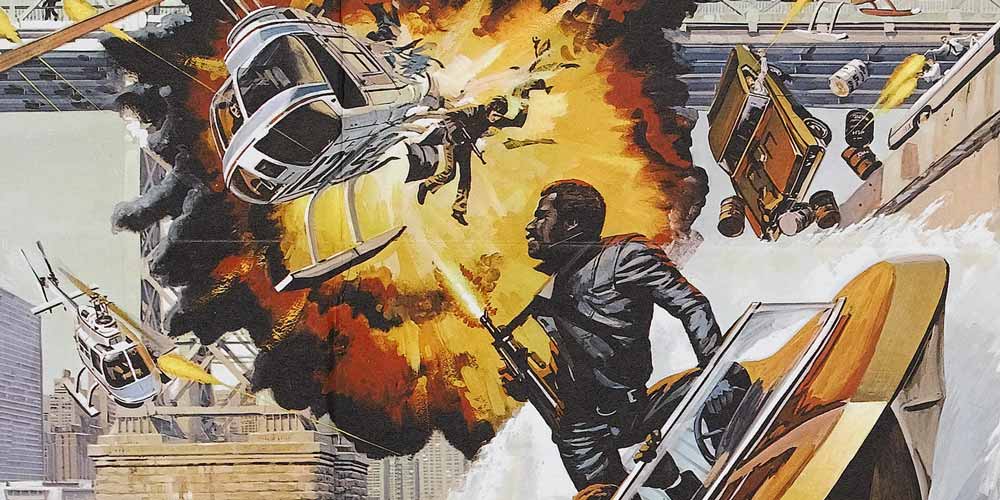
When I look back at genre films of the 70s, I usually remember the visual style and music over the movie itself. More so than any other decade, movies in the 70s had a way of creating memorable atmospheres through their musical scores. In a lot of instances, famous musicians were using low-budget films as a means to experiment with different funky sounds and synthesizer beats.
This post is a collection of mostly instrumental film scores broken down by genre or mood. I've tried to stray away from anything too popular or obvious like Jaws, Star Wars, or (God forbid) Saturday Night Fever. There's always an interesting backstory, so I've written a bit of trivia for each one.
Action
-
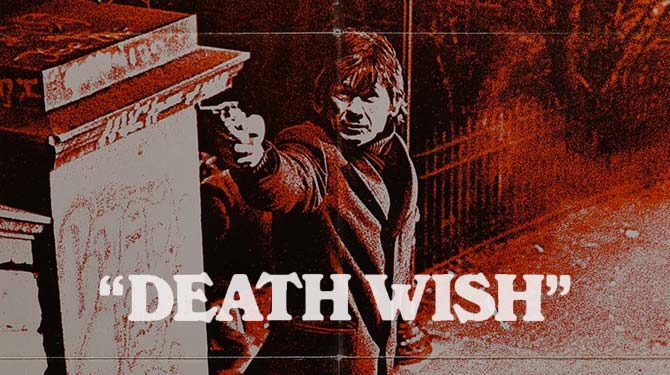
Death Wish
Herbie Hancock was recommended to do the score by the director's then-girlfriend Sonia Manzano (who played Maria on Sesame Street).
-
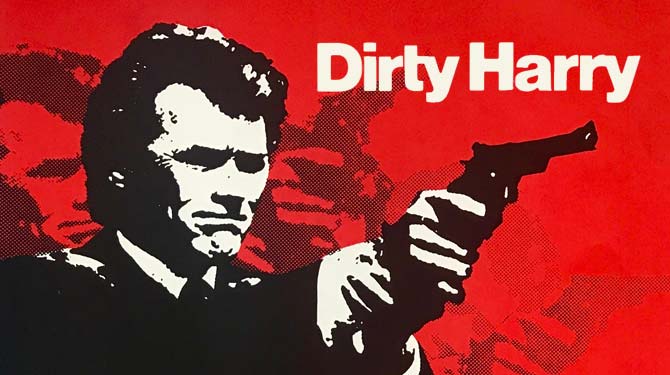
Dirty Harry
Schifrin collaborated with actor Clint Eastwood on at least 8 films, and is most famous for the Mission: Impossible theme song.
-
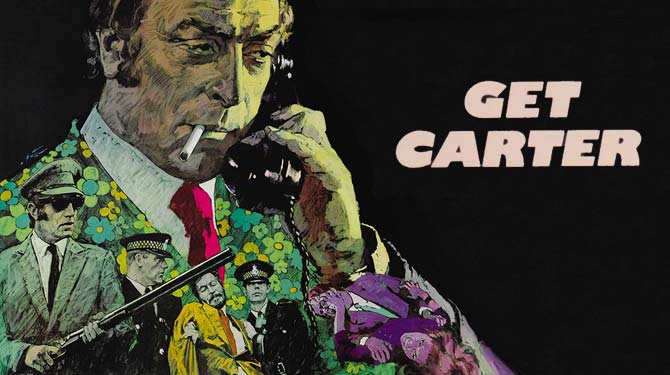
Get Carter
Budd didn't use overdubs when composing the score, instead opting to play the harpsichord, Wurlitzer piano, and grand piano at the same time.
-
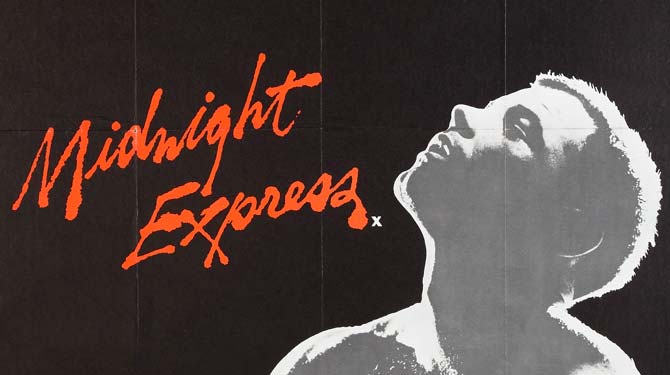
Midnight Express
Moroder is a pioneer of Italian Disco music and collaborated with Daft Punk on the album Random Access Memories.
-
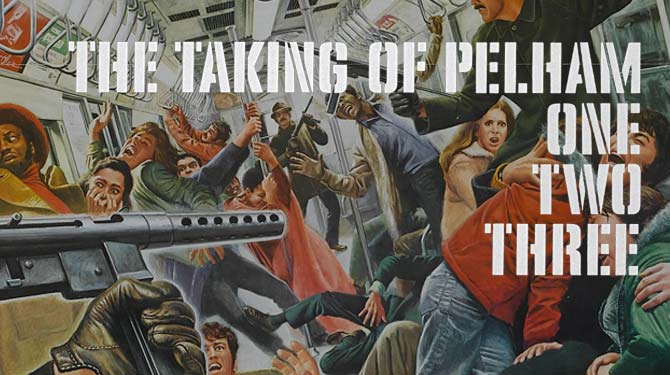
The Taking of Pelham 123
Shire is the former husband of actress Talia Shire. He also worked with director David Fincher on the Zodiac soundtrack.
-

The Warriors
Walter Hill likes to use rock & roll as a central theme in his films. For The Warriors, he had De Vorzon create the first rock & roll score with a synthesizer.
Easy Listening
-
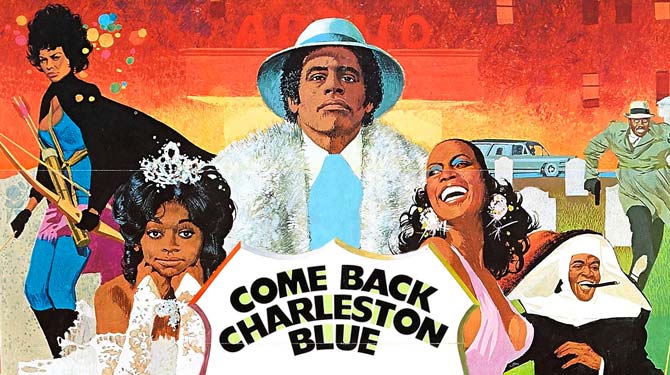
Come Back Charleston Blue
Hathaway began his career as a songwriter and session musician for Curtis Mayfield, who was one of the most famous soundtrack artists of the 70s.
-
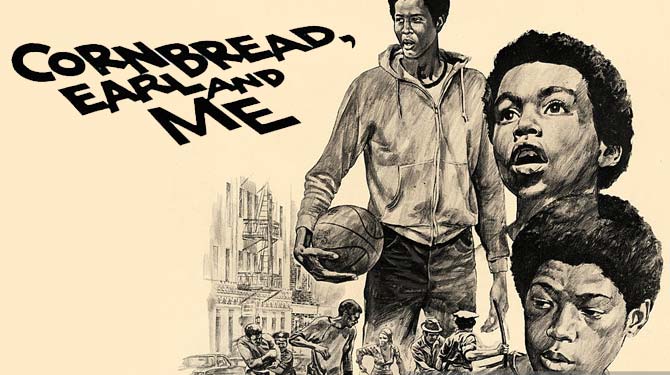
Cornbread, Earl And Me
The Blackbyrds were formed by a group of Donald Byrd's (the famous jazz trumpeter) students at Howard University in 1973.
-
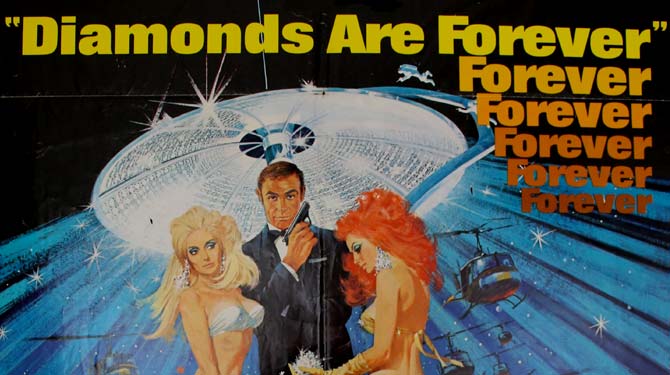
Diamonds Are Forever
Composer John Barry scored 11 of the James Bond films, including the original James Bond Theme in 1962's Dr. No.
-
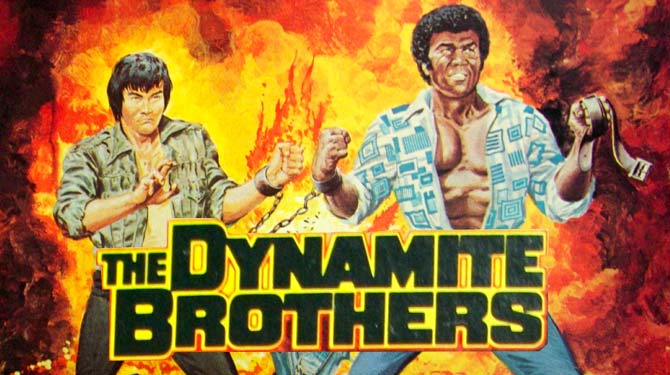
The Dynamite Brothers
Earland pioneered an experimental combination of jazz fusion and kung fu simply known as "Kungfusion."
-
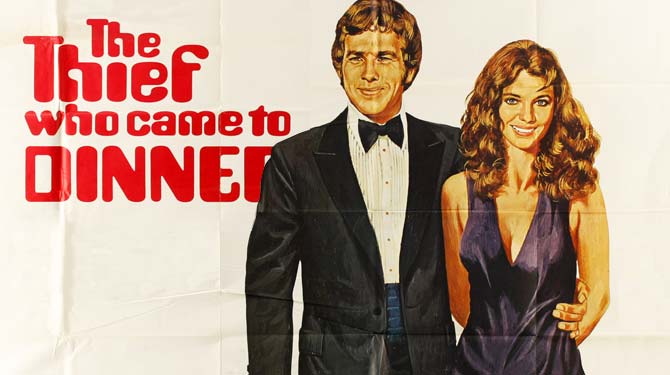
The Thief Who Came To Dinner
Mancini is most notable for the Peter Gunn soundtrack, which featured a young John Williams as a session pianist.
-
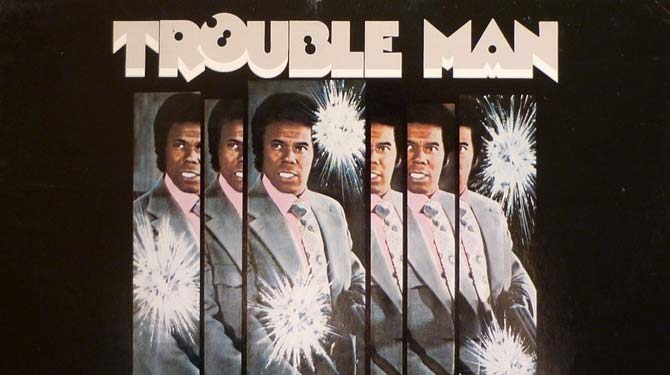
Trouble Man
Trouble Man was Marvin Gaye's follow-up to the critically acclaimed album What's Going On, and was notable for it's minimal use of vocals.
Funky
-
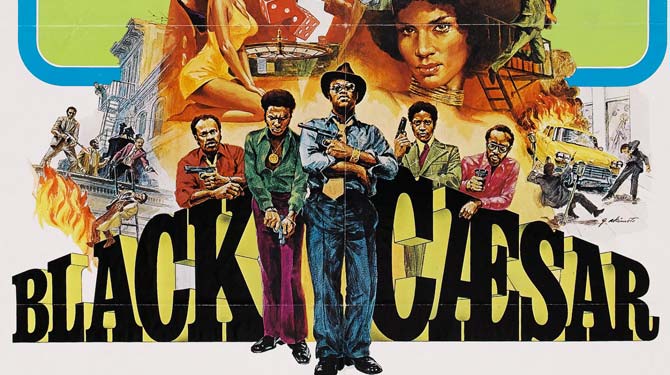
Black Caesar
Soul legend James Brown released two blaxploitation soundtracks in 1973, Black Caesar and Slaughter's Big Rip-Off.
-
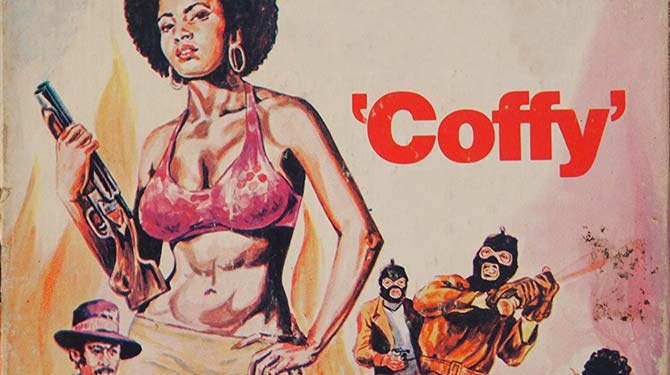
Coffy
The Coffy soundtrack was one of the most popular and influential of the 70s, on par with Curtis Mayfield's Superfly and Isaac Hayes' Shaft.
-

Savage!
Julian was a founding member of the 50s doo-wop group The Meadowlarks before getting into the funk and soul scene as a solo artist.
-
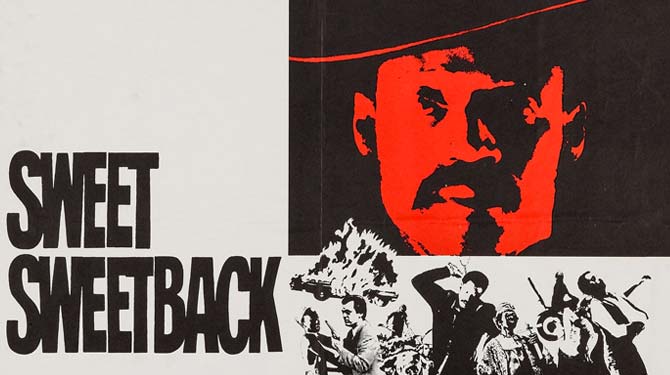
Sweet Sweetback's Baadasssss Song
Peebles wrote, scored, produced, directed, and starred in the film. He financed it with a loan from Bill Cosby.
-
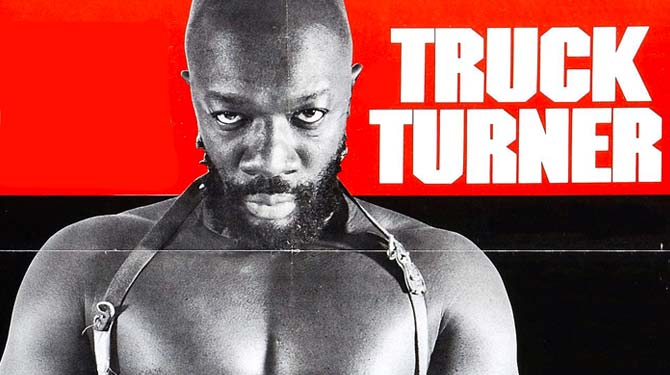
Truck Turner
In 1972, Hayes became the third African-American to win an Academy Award, winning Best Original Song for the "Theme from Shaft."
-
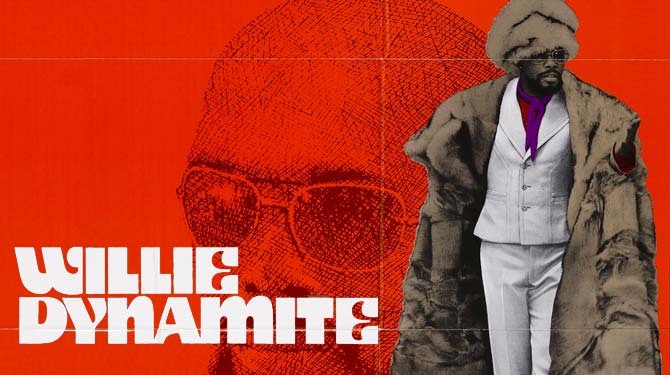
Willie Dynamite
The character Willie Dynamite was played by Roscoe Orman, who has also played Gordon on Sesame Street since 1974.
Scary
-

Halloween
Carpenter composed the entire score by himself in three days after hearing from a critic that the film wasn't scary enough.
-
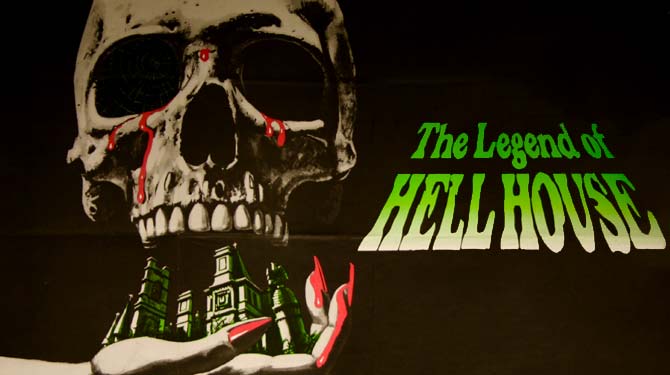
The Legend of Hell House
Derbyshire and Hodgson were early members of the Radiophonic Workshop, a studio created by the BBC to produce sound effects for radio.
-
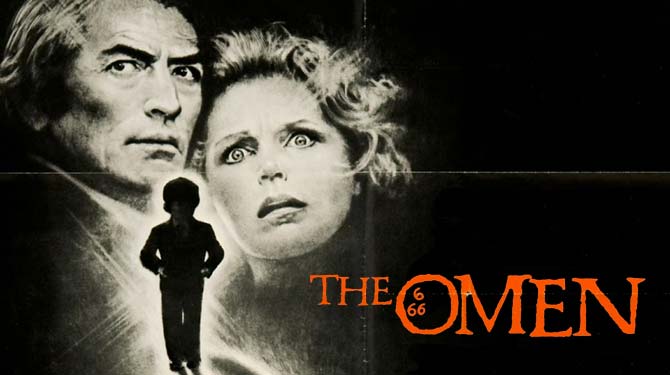
The Omen
Goldsmith has conducted over 100 film scores and has been nominated for 18 Academy Awards. The Omen is his only Oscar win.
-
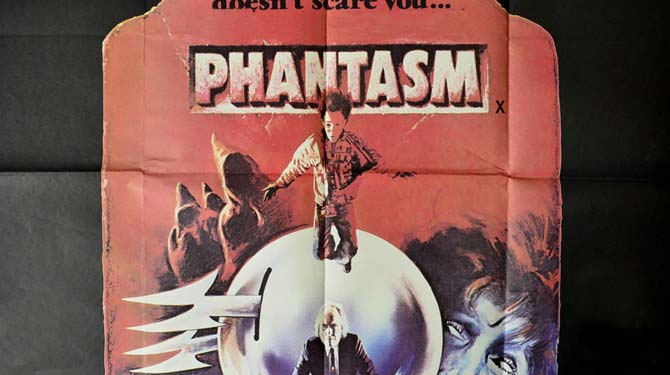
Phantasm
The Phantasm soundtrack went unreleased for over 35 years until it got an official gatefold vinyl re-release from Mondo.
-
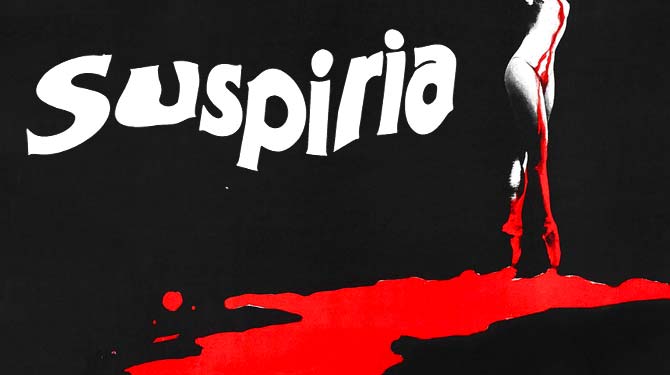
Suspiria
Goblin is an Italian progressive rock band that forever changed the film score by introducing synthesizers and drum machines.
-
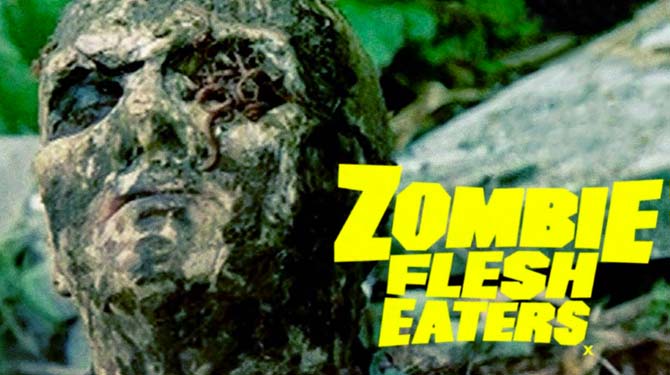
Zombie Flesh Eaters
Frizzi in an Italian composer and frequent collaborator of director Lucio Fulci, otherwise known as the "Godfather of Gore."
Trippy
-

The Andromeda Strain
The original vinyl release featured a hexagonal shaped record with a silver foil cover. It was the first all-electronic soundtrack released in the US.
-
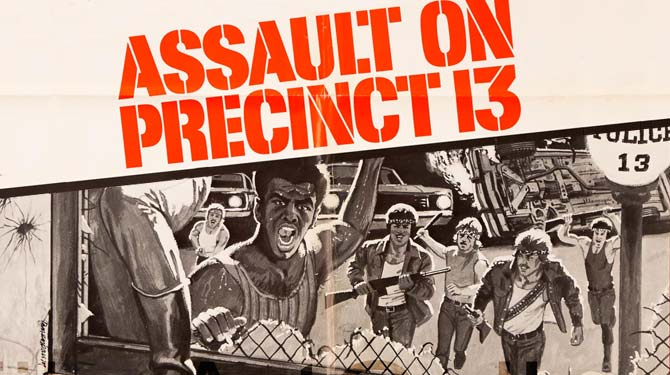
Assault On Precinct 13
Carpenter has stated that the main theme was inspired by Lalo Schifrin's Dirty Harry score and Led Zeppelin's "Immigrant Song."
-
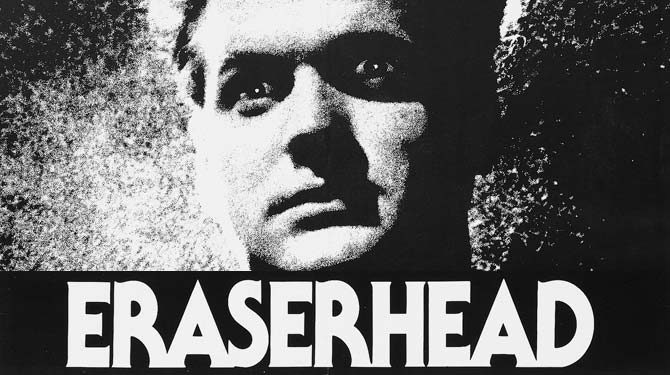
Eraserhead
The soundtrack was a huge influence on the film score work of Trent Reznor, and the song "In Heaven" has been covered by the Pixies and Modest Mouse.
-
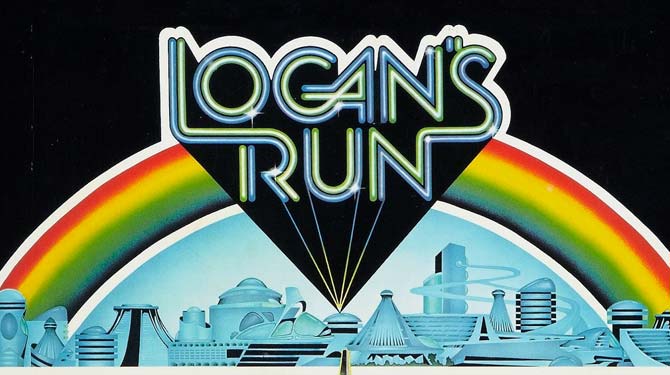
Logan's Run
Inside the geodesic domes in the film, Goldsmith utilized electronic instruments. Outside the domes, he utilized a full orchestra with no electronics.
-
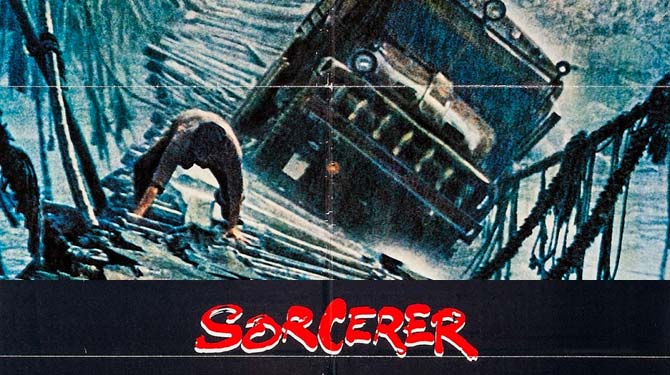
Sorcerer
Sorcerer was the first film score for German krautrock band Tangerine Dream. They went on to score such films as Thief and Risky Business.
-
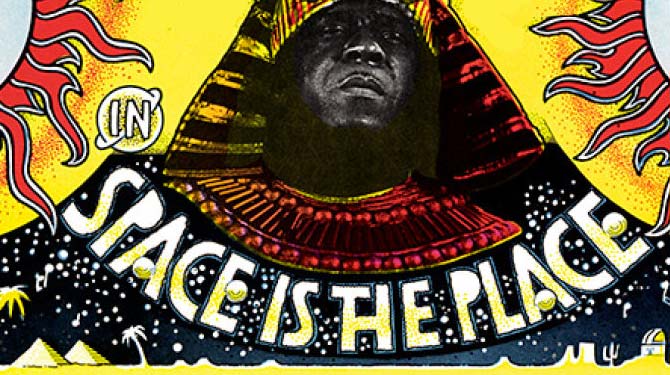
Space Is the Place
From the film's synopsis: "Sun Ra, a space-age prophet ... lands his spaceship in Oakland, having been presumed lost in space for a few years."